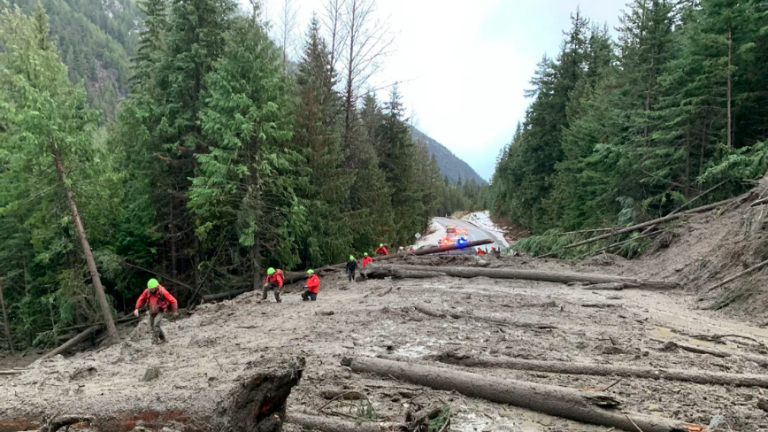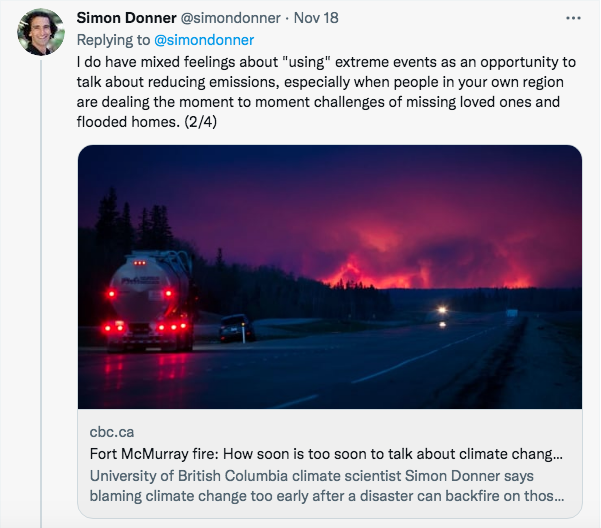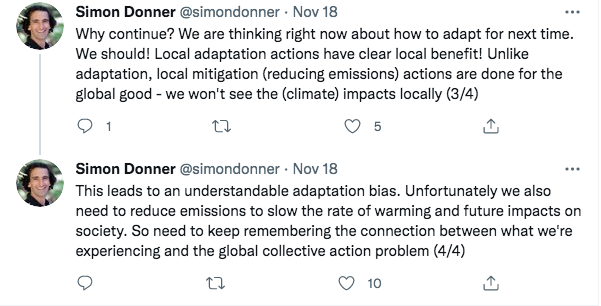

Pemberton SAR
In light of the recent devastating flooding in the province, professor Simon Donner has been approached by several media outlets to comment on the relationship between these events and climate change.






Globe & Mail: B.C. floods: What’s an ‘atmospheric river’ and how did it devastate the Lower Mainland (video explainer)
Globe & Mail: How B.C.’s string of natural disasters are connected
Globe & Mail: From fire to ‘atmospheric river’: Why B.C. is trapped in a world of climate extremes
Reuters: From fire to floods, climate change hits Canada’s fragile supply chain
The Construction Record Podcast – SPECIAL: B.C.’s state of emergency


